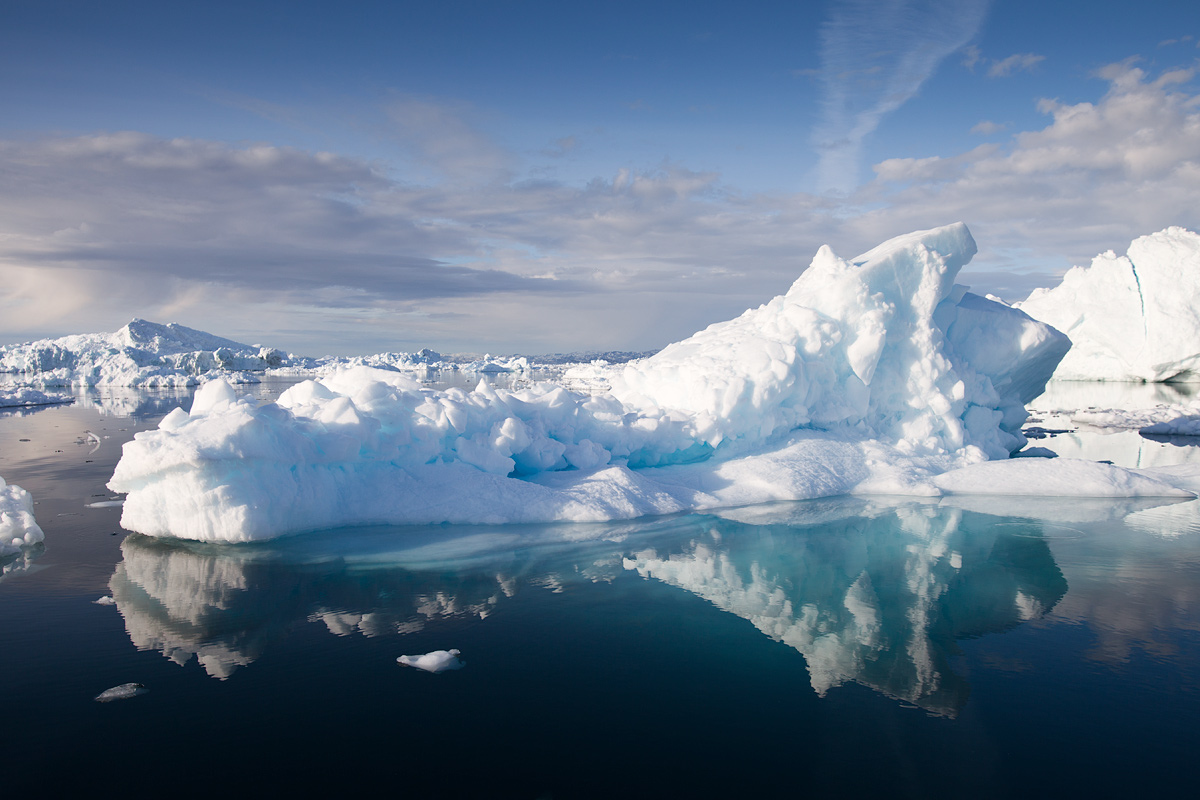The US’s Department of the Interior will make additional areas of Arctic Ocean waters off-limits to drilling when it announces a new five-year offshore drilling plan, a member of the Alaska congressional delegation said Monday.
U.S. Sen. Lisa Murkowski, R-Alaska, said she was briefed last week by federal officials who told her the Obama administration will permanently remove from consideration some areas that had previously been deferred from the federal leasing program.
Alaska’s all-Republican congressional delegation has been harshly critical of the administration’s policies to limit development of oil-rich land in the state. News of the off-shore drilling policy comes a day after President Barack Obama’s recommendation to declare the Arctic National Wildlife Refuge a wilderness. Murkowski said the administration also intends to put conditions on development in the National Petroleum Reserve-Alaska that could make drilling uneconomical.
Sen. Lisa Murkowski said the decision on off-shore drilling is part of frontal assault on Alaska by the federal government. “It is a one-two-three kick to the gut of Alaska’s economy,” Murkowski said.
Murkowski said she was briefed on the off-shore drilling policy last week by Tommy Beaudreau, Interior Secretary Sally Jewell’s chief of staff, and she was told the administration will permanently remove from consideration some areas of the Chukchi and Beaufort seas.
Murkowski did not have details on what areas would be withdrawn from off-shore drilling, she said at a news conference with fellow Alaska Republicans Sen. Dan Sullivan and U.S. Rep. Don Young, but she was not happy that additional areas would no longer be available for petroleum development.
Declaring the refuge a wilderness area would require congressional approval and is unlikely to pass in the Republican-controlled Congress. The Interior Department can decide administratively to remove ocean areas from lease sales.
Five-year plans indicate the size, timing and location of proposed leasing activity. An area must be included in an approved five-year program be offered for leasing.
John Callahan, an Alaska spokesman for the Bureau of Ocean Energy Management, said the Interior Department could not comment on Murkowski’s remarks.
“Because the plan has not been released, we are not in position to comment on the details,” he said.
Former Interior Secretary Ken Salazar in 2012 said future Alaska offshore lease sales would be “targeted” — areas that had high petroleum potential but low conflict with environmental resources or Alaska Native village subsistence users.
Previous lease sales have removed from consideration a 25-mile-wide buffer along the Chukchi Sea coast because of its importance to subsistence hunters.
Part of the 150-mile underwater Barrow Canyon, off Barrow, the country’s northernmost community, was not considered for leasing. It’s an area of abundant tiny organisms at the bottom of the ocean food chain that draws predators from seabirds to gray whales.
Leasing in past sales has been prohibited in marine areas used for whaling by Barrow and the village of Kaktovik.
An area studied extensively in recent years is Hanna Shoal about 100 miles northwest of Barrow. The shoal diverts warm water flowing north from the Bering Sea, trapping a pocket of colder water into the summer season. Sea ice stays in the area late in the summer, providing a platform for ice-dependent wildlife such as walrus.
Murkowski said she expects an announcement on a five-year lease sale plan this week. An aide, Robert Dillon, said the five-year lease sale announcement is not expected to affect current leases held by Royal Dutch Shell PLC and other companies.
“We do not believe it does, but we don’t know,” he said.
Source: PennEnergy












